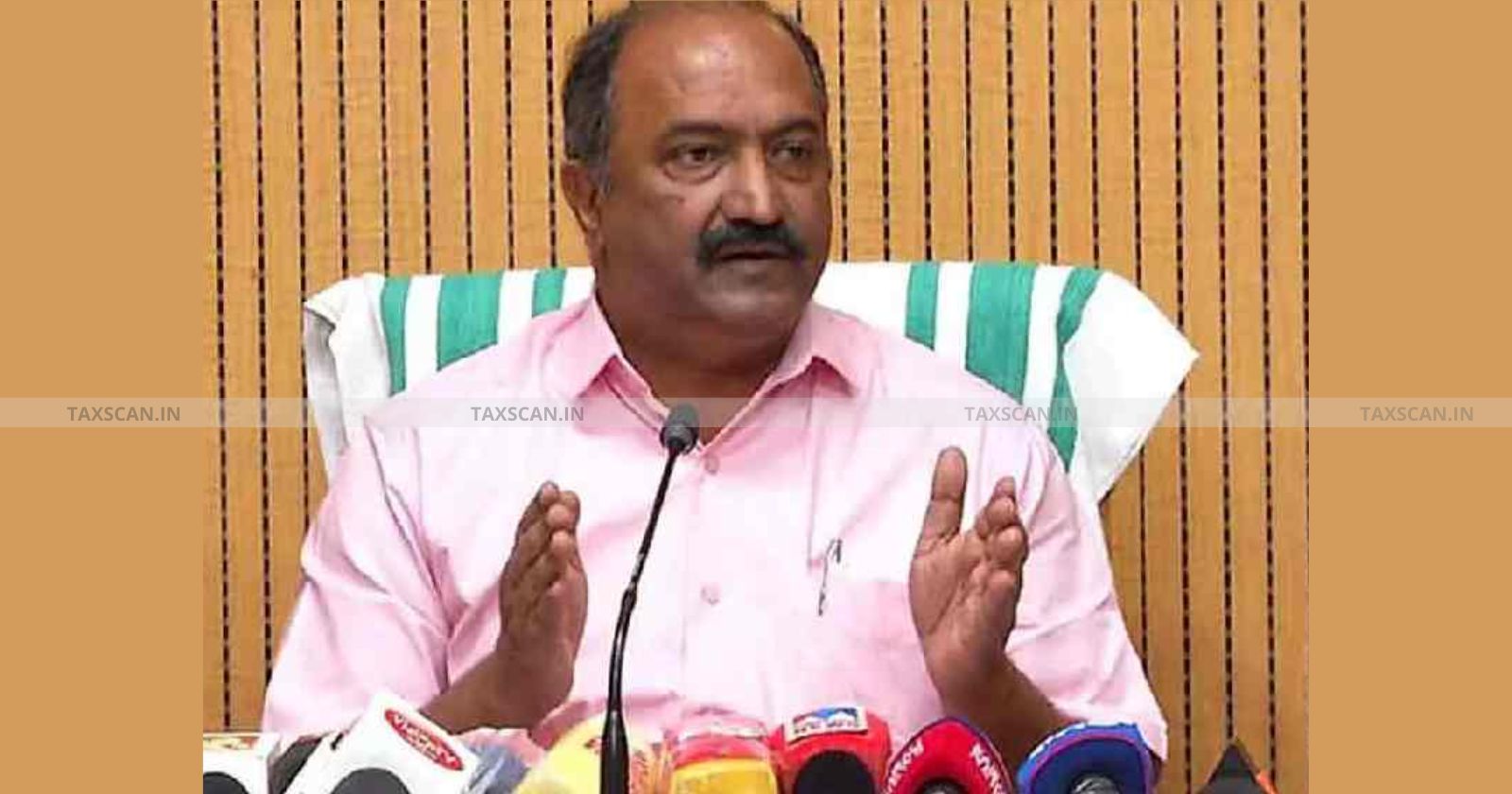Kerala FM Blames Centre for State’s Fiscal Woes, Cites Declining Tax Share and Borrowing Limits
During his budget speech, the minister attributed Kerala’s fiscal constraints primarily to what he described as “central negligence"

Kerala Finance Minister – Kerala Budget 2025 – Kerala Budget 2025 highlights – TAXSCAN
Kerala Finance Minister – Kerala Budget 2025 – Kerala Budget 2025 highlights – TAXSCAN
State Finance Minister K.N. Balagopal presented the Kerala Budget for the 2025-26 fiscal in the State Legislative Assembly on Friday (February 7, 2025). Kerala FM presented his fifth and final full budget of the second Pinarayi Vijayan government.
During his budget speech, the minister attributed Kerala’s fiscal constraints primarily to what he described as “central negligence.” According to him, the State’s share of central taxes has been consistently declining over the years, falling from 3.88% during the tenure of the tenth finance commission to a mere 1.92% under the fifteenth finance commission. He emphasized that Kerala has been disproportionately affected by these cuts, impacting its financial stability and developmental programs.
Become a PF & ESIC expert with our comprehensive course - Enroll Now
Adding to the fiscal strain, the grants allocated to Kerala’s local self-governments have also witnessed a significant reduction, despite the state being recognized as a leader in decentralization. The revenue deficit grant, which was initially provided as an interim relief, has also disappeared, exacerbating Kerala’s financial woes. The minister further criticized the impact of GST, stating that the State lost its autonomy over tax rates and revenue collection, which failed to yield the anticipated boost in tax revenue. The end of GST compensation has only deepened the shortfall.
A key concern raised was the restriction imposed on Kerala’s borrowing capacity. Despite a general limit of 3% of GSDP for fiscal deficit, Kerala has reportedly been denied the ability to borrow even within this permitted limit. Furthermore, loans availed by KIIFB and KSSPL are now counted against the State’s borrowing capacity, reducing its fiscal flexibility.
In response, Kerala has challenged these restrictions in the Supreme Court, arguing that they infringe upon the State’s constitutional rights. Additionally, a conclave of finance ministers in Thiruvananthapuram sought to build consensus among states facing similar issues. Even the leader of the opposition supported the unified stance presented to the finance commission.
Become a PF & ESIC expert with our comprehensive course - Enroll Now
Despite these challenges, Kerala has managed to increase its own tax and non-tax revenue. The State’s own tax revenue (SOTR) has grown by 15.8% from 2021-22 to 2024-25, and overall tax and non-tax revenue has risen by 17.4%. The revenue deficit has declined from 2.25% in 2021-22 to 1.58% in 2023-24, and the fiscal deficit has been reduced to 2.9%. The debt-to-GSDP ratio also saw a decline, demonstrating Kerala’s efforts to maintain fiscal discipline despite central constraints.
While the government has lauded its ability to sustain fiscal health through increased revenue generation and expenditure prioritization, the opposition and financial experts argue that blaming the Centre alone is an oversimplification. Critics believe that while central policies may have played a role, Kerala’s own fiscal policies, spending decisions, and inefficiencies must also be examined for a balanced perspective.
Support our journalism by subscribing to Taxscan premium. Follow us on Telegram for quick updates


